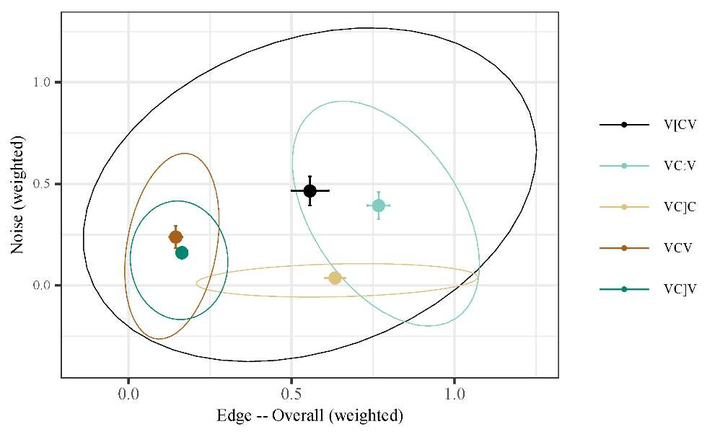Compiling a corpus of African American Language from oral histories

Abstract
African American Language (AAL) is a marginalized variety of American English that has been understudied due to a lack of accessible data. This lack of data has made it difficult to research language in African American communities and has been shown to cause emerging technologies such as Automatic Speech Recognition (ASR) to perform worse for African American speakers. To address this gap, the Joel Buchanan Archive of African American Oral History (JBA) at the University of Florida is being compiled into a time-aligned and linguistically annotated corpus. Through Natural Language Processing (NLP) techniques, this project will automatically time-align spoken data with transcripts and automatically tag AAL features. Transcription and time-alignment challenges have arisen as we ensure accuracy in depicting AAL morphosyntactic and phonetic structure. Two linguistic studies illustrate how the African American Corpus from Oral Histories betters our understanding of this lesser-studied variety.